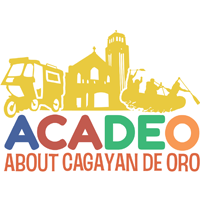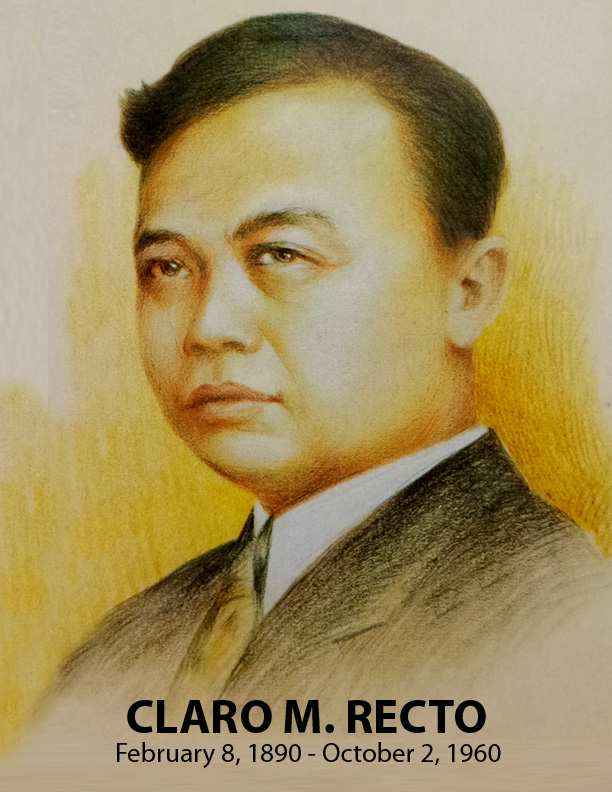13 May The Philippines Would Have Been a Better Country Had We Elected These 8 Awesome People as President
Political analysts and strategists all over the Philippines are more or less one and the same in their judgment of equating Philippine elections as a popular entertainment circus with crocodiles disguised as politicians. It is therefore no wonder that literally millions of Filipinos have stopped voting because their faith in the country’s good governance and political system has been completely eroded. All you need is to look at the outcome of every presidential election since 1949 and the consequences that follow to ensure that the people’s choice for president almost always turns out to be the stupidest choice.
After Cory Aquino served as revolutionary president, she tossed up Fidel Ramos, the general who ran the abusive Philippine Constabulary during the Marcos Regime and became a turncoat during the Edsa Revolution (another turncoat during Edsa was Juan Ponce Enrile). 6 years later, the Marcos family was allowed to come back from exile and Imelda Marcos was allowed to run as president in 1992. 12 years later, Joseph Estrada, a staunch Marcos ally, is elected as president. In the recent elections, the only son of Marcos was allowed to run as vice-president, and almost won, coming in at very close second. Hopefully, this list of 8 awesome politicos who would have made really good Philippine presidents could somehow wake up people on what they missed had they voted more with their heads.
Senator Claro M. Recto
Senator Recto unluckily ran as president in 1957 against Carlos Garcia in the first Philippine elections that saw four candidates running, thus, splitting the vote against Garcia. It was also one of the dirtiest elections in history that used black propaganda against Recto, the same way it was used against Elpidio Quirino when he lost to Ramon Magsaysay in 1953. As a statesman, his patriotism and nationalism for Filipinos was clearly seen in his defiance of the U.S. military bases in the country, the Tydings-McDuffie Act, the Hare-Hawes-Cutting Law, and generally against colonial subservience to the U.S. government.
Senator Miriam Defensor-Santiago
Santiago ran in 1992 and lost to Fidel Ramos, ran again in 1998 but lost to Joseph Estrada, and ran again in 2016 but lost to Rodrigo Duterte. She is the only Philippine politician to command respect even in the international arena, serving as United Nations Legal Officer and as associate judge in the International Justice Court in The Hague. Not only is she a proven legislator but her number of awards is quite staggering, and her political record is untainted by any corruption rumors. Some people, however, view her being a genius as being close to loopy, thus, the fear of some people to vote for her.
Senator Jovito Salonga
Many analysts believe that had Salonga been elected president in 1992, he would have led the Philippines to become the tiger economy of Southeast Asia, next to Singapore. Instead, he was unluckily stood up for endorsement by President Cory Aquino, who instead chose the turncoat Fidel Ramos. His economic plan similar to Singapore and his plan to clean out corruption effectively frightened traditional turncoats that surrounded Cory Aquino. During his stint as chairman of the Presidential Commission on Good Government, Salonga got back more of Marcos’ ill-gotten wealth than any of his successors combined.
Senator Raul Roco
Unfortunately, this almost pragmatic personality similar to Duterte ran and lost in 1998 against Joseph Estrada and lost again in 2004 against Gloria Arroyo. Many agree that before he was senator, Roco was the epitome of a model public servant, having been the former Secretary of Education and valued education so much for Filipinos that he cleaned out corruption in the department in just 8 months. From being the third most corrupt agency in the 90’s, Roco morphed DepEd into the most trustworthy department. As senator he passed the Anti-Rape Law and Anti-Sexual Harassment Law in order to protect the rights of female teachers and employees in general.
Senator Jose W. “Pepe” Diokno
Many call Diokno’s integrity and honesty, “adamantine,” and undeniably, like Salonga, ran after corruption in government like it was a disease. His track record as a dedicated public servant and genius is comparable to Defensor-Santiago. As secretary of justice he ran after tax evaders, tax bribery cases, and suspected foreign businesses that violated the constitution. Like Salonga, Diokno was jailed by Marcos for his anti-martial law stand. He is the founder of the Free Legal Assistance Group (FLAG) and was appointed by Cory Aquino to head the then Human Rights Commission. Diokno resigned in 1987 due to the Mendiola Massacre and Cory Aquino’s stand on Hacienda Luisita and fully retired from public service.
Senator Juan M. Flavier
Probably the only senator to go to work riding the bus or a train. As the former Health Secretary, he launched his famous “Let’s DOH It” health campaigns such as the Oplan Sagip Mata, Doctors to Barrios, and an HIV-prevention campaign in spite of heavy criticism from the Catholic Church and other church groups. As senator, Flavier was instrumental in passing the Indigenous People’s Act and the Philippine Clean Air Act. After just one term, Flavier retired from public service.
Senator Richard Gordon
This is one local politician that almost comes close in comparison to the achievements of Duterte. Unluckily, he happened to run against, and lost to, Benigno Aquino III in 2010 at a time when “P-noy’s” popularity was at an all-time high thanks to the death of his mother, Cory Aquino. He is instrumental in the “WOW Philippines” campaign while his active involvement in the Philippine Red Cross was genuine, unlike Jejomar Binay’s “Boy Scout involvement” that was plainly decorative at best. As mayor of Olongapo City and administrator of the Subic Bay Metropolitan Authority, he reformed education, eradicated corruption, and brought economic transformation to this area that was second only to Manila.
Haydee Yorac
A Ramon Magsaysay awardee, Yorac has the distinction of having an award named after her in 2006. The Gawad Haydee Yorac award from the University of the Philippines is given to public servants who display exemplary leadership and corrupt-free public service. As a human rights lawyer she was also a member of Jose Diokno’s Free Legal Assistance Group. When Yorac was commissioner of COMELEC, she eradicated any vestiges of corruption. Her term is still considered as COMELEC’s “golden years” during the period before automated elections. She was given the moniker, “Incorruptible Crusader.” She refused all offers to run for any public office.










salverde
Posted at 03:00h, 13 MayYou forgot to include Senator Raul Manglapus, the 3rd candidate for president in the election year when Ferdinand Marcos won beating the then incumbent Diosdado Macapagal. He was a brilliant lawyer and senator. One of his main platforms was socialized (free) medicine for all, patterned after the practice in most of Europe and in Canada. Too bad, the voters then fell to the spell of Imelda Marcos singing ‘Dahil Sa Iyo’.